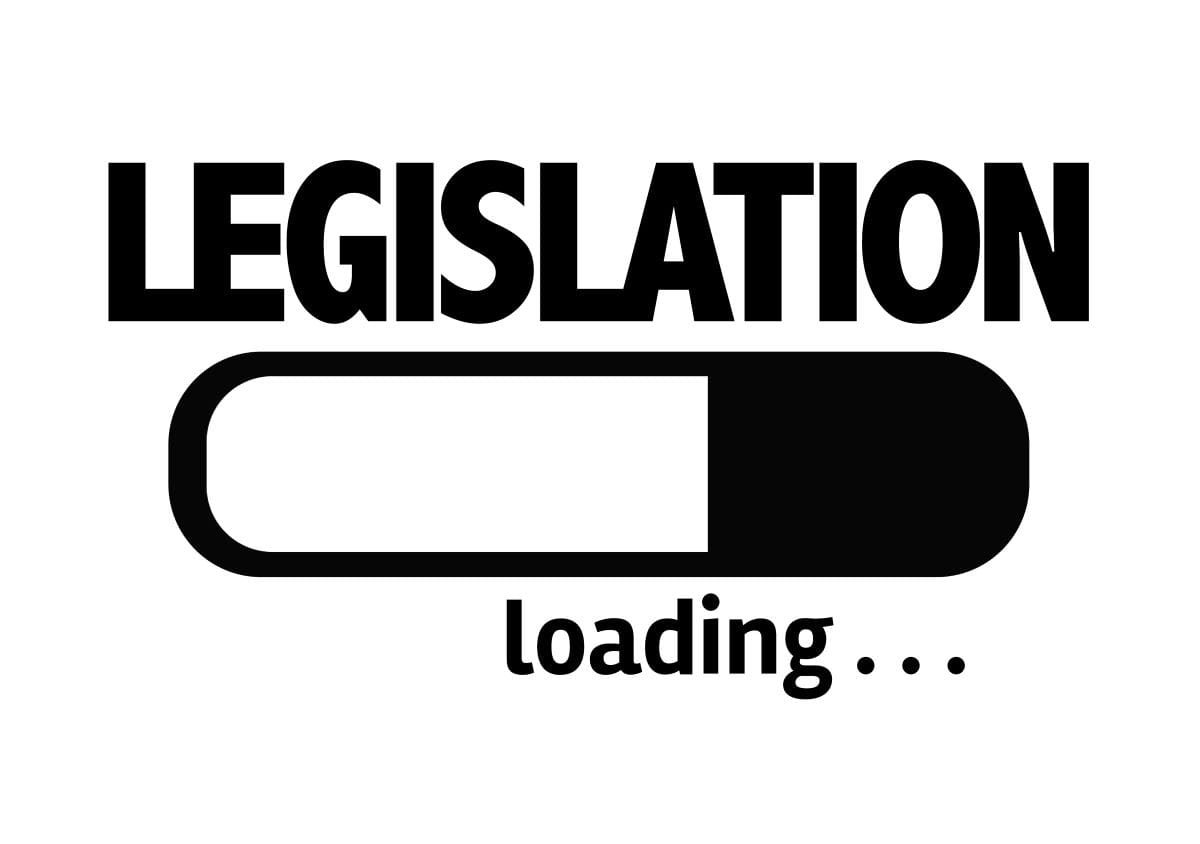Just weeks after the Department of Defense failed its fifth consecutive audit, Congress is set to pass the largest Pentagon budget in history in this year’s defense policy bill, known as the National Defense Authorization Act (NDAA).
We resolutely oppose this allocation.
“In a time of such immense human suffering, it is unconscionable that Congress would opt for even more unchecked Pentagon spending,” said Bridget Moix, FCNL general secretary.
It’s frustrating (and costly and immoral) that lawmakers continue to funnel so much money into the military-industrial complex—no question. And yet, we know that is not the end of the story. It doesn’t often make headlines, but if you look closely at what made it into this year’s NDAA, you can also see evidence of our persistent advocacy in this bill. For example:
- The State Department Authorization Act (H.R.1157), which is critical to providing the State Department with the tools it needs for diplomacy, was attached to the bill for the second year. We consider this must-pass legislation for peace.
- A provision to expand the draft to include women, which the Senate had included, was dropped.
- Congress codified and funded the creation of the Civilian Protection Center of Excellence. This body will standardize and improve policies to prevent harm to civilians in areas where U.S. military operations are taking place.
Frustratingly, a provision in the House NDAA to repeal the 2002 Iraq war authorization was not included in the final negotiated bill. Our advocacy to repeal this outdated and dangerous measure has significantly moved the needle forward, resulting in a successful vote in the House, the introduction of a bill (S.J. Res. 10) in the Senate, and the endorsement of the White House.
While we’re disappointed that we weren’t able to get it across the finish line with the NDAA as a vehicle, we are committed to ensuring that Congress takes this essential step toward reining in the forever wars.
We remain committed—even optimistic—because we see how our collective voices are making a difference. Every amendment for peace, new co-sponsor or vote to end war, and investment in diplomacy brings us closer to the world we seek.
Elsewhere
Yemen Vote: Next Week
On Dec. 5, Sen. Bernie Sanders (VT) announced that he would bring the Yemen War Powers Resolution (S.J. Res. 56) up for a vote as soon as next week. Yemeni activists and FCNL Advocacy Teams have been working tirelessly for this moment. Urge your lawmakers to stand up to Saudi Arabia and end U.S. complicity in the war and Yemen.
Truth and Healing Bill Moves Forward in the House
This week, the House Natural Resources Committee filed a report on the Truth and Healing Commission on Indian Boarding School Policies Act (S. 2907/H.R. 5444). This opens the door for a vote in the House on this vital legislation, which the FCNL network has mobilized for in solidarity with tribal advocates.
Commemorating UN Human Rights Day
Tomorrow is United Nations Human Rights Day, which marks the ratification of the Universal Declaration of Human Rights—a document seen as the cornerstone of modern international human rights law. In honor of the occasion, FCNL’s militarism and human rights experts explored how the United States can end our forever wars and invest in peace.
TPS for Haitians and Ethiopians
This week, Biden administration officials expanded eligibility for Haitian immigrants seeking Temporary Protected Status (TPS), allowing thousands more Haitians to live and work in the United States without fear of deportation. The administration also announced a registration process for Ethiopian immigrants to request TPS. FCNL strongly supports these steps to protect communities fleeing danger and violence.
Faith Leaders Unite Behind Child Tax Credit
On Dec. 15, FCNL’s Bridget Moix, interfaith leaders, members of Congress, and parents are calling on Congress to expand the Child Tax Credit. You can live stream this joint press conference and join them in taking action. The lame-duck session is Congress’s best chance to revive this life-changing policy, which cut child poverty by more than 40% in 2021.

